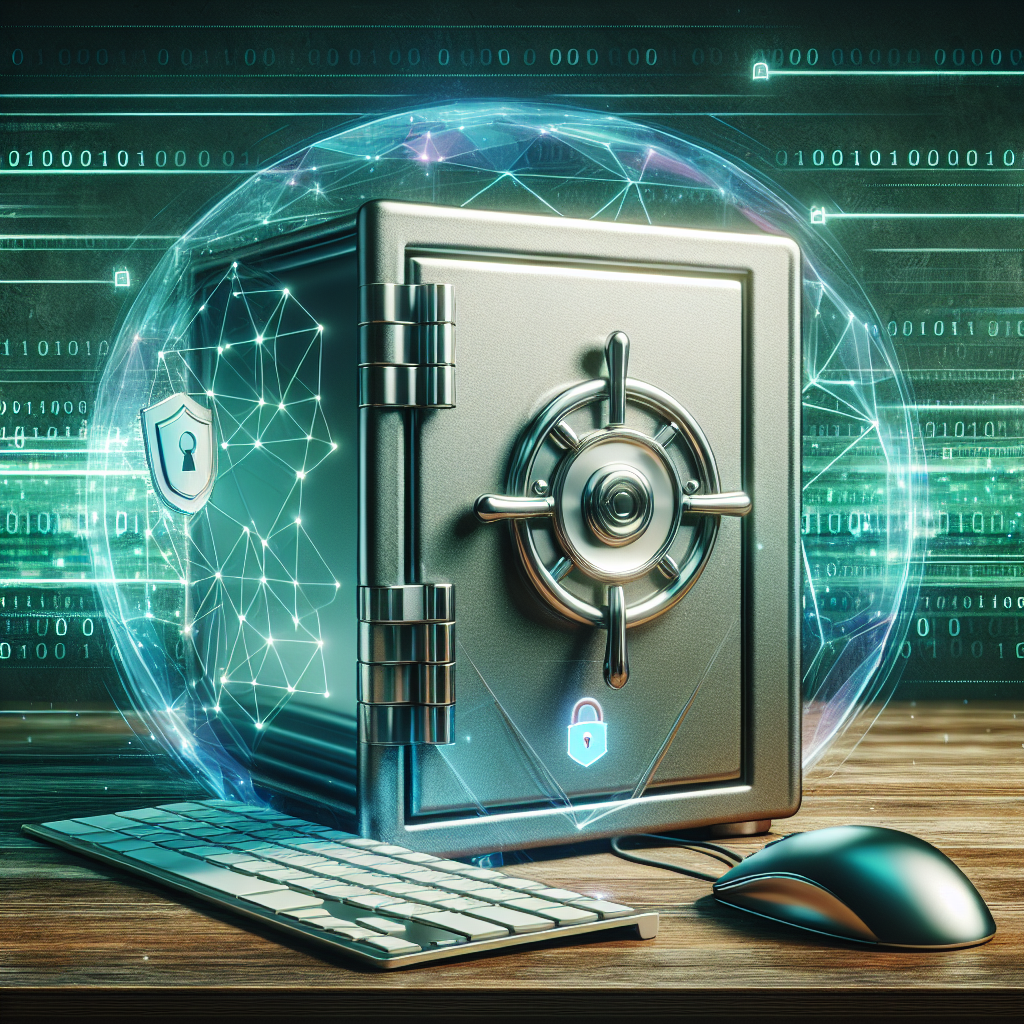Your cart is currently empty!
Cybersecurity for Beginners: Tips for Protecting Your Personal Information Online

Cybersecurity for Beginners: Tips for Protecting Your Personal Information Online
In today’s digital age, it’s more important than ever to prioritize cybersecurity and protect your personal information online. With cyber threats becoming increasingly sophisticated, it’s crucial for individuals to take proactive steps to safeguard their data. Whether you’re new to cybersecurity or looking to enhance your online security practices, here are some tips for protecting your personal information online.
1. Use strong, unique passwords
One of the simplest yet most effective ways to enhance your online security is by using strong, unique passwords for each of your accounts. Avoid using easily guessable passwords like “123456” or “password,” and opt for complex combinations of letters, numbers, and special characters. Additionally, consider using a password manager to securely store and manage your passwords.
2. Enable two-factor authentication
Two-factor authentication adds an extra layer of security to your accounts by requiring a second form of verification, such as a one-time code sent to your phone. Enable two-factor authentication on all of your accounts whenever possible to reduce the risk of unauthorized access.
3. Be cautious of phishing scams
Phishing scams are a common tactic used by cybercriminals to trick individuals into disclosing their personal information. Be wary of unsolicited emails, messages, or phone calls that request sensitive information or prompt you to click on suspicious links. To protect yourself from phishing scams, always verify the authenticity of the sender before providing any personal information.
4. Keep your software up to date
Software updates often include security patches that address vulnerabilities and protect against potential cyber threats. Make sure to regularly update your operating system, applications, and antivirus software to ensure that you’re running the latest security updates.
5. Secure your devices and networks
Secure your devices by setting up passcodes, biometric authentication, or encryption to prevent unauthorized access. Additionally, secure your home Wi-Fi network with a strong password and enable network encryption to protect your data from potential intruders.
6. Limit the information you share online
Be mindful of the information you share on social media platforms and websites, as cybercriminals can use this information to target you for phishing attacks or identity theft. Avoid posting sensitive information such as your full name, address, phone number, or financial details online.
7. Monitor your accounts regularly
Regularly monitor your accounts for any suspicious activity or unauthorized transactions. If you notice any unusual activity, report it to the appropriate authorities and take immediate steps to secure your accounts.
By following these tips for protecting your personal information online, you can enhance your cybersecurity and reduce the risk of falling victim to cyber threats. Remember, cybersecurity is a shared responsibility, and it’s important for individuals to take proactive steps to safeguard their data in today’s digital world.

Leave a Reply